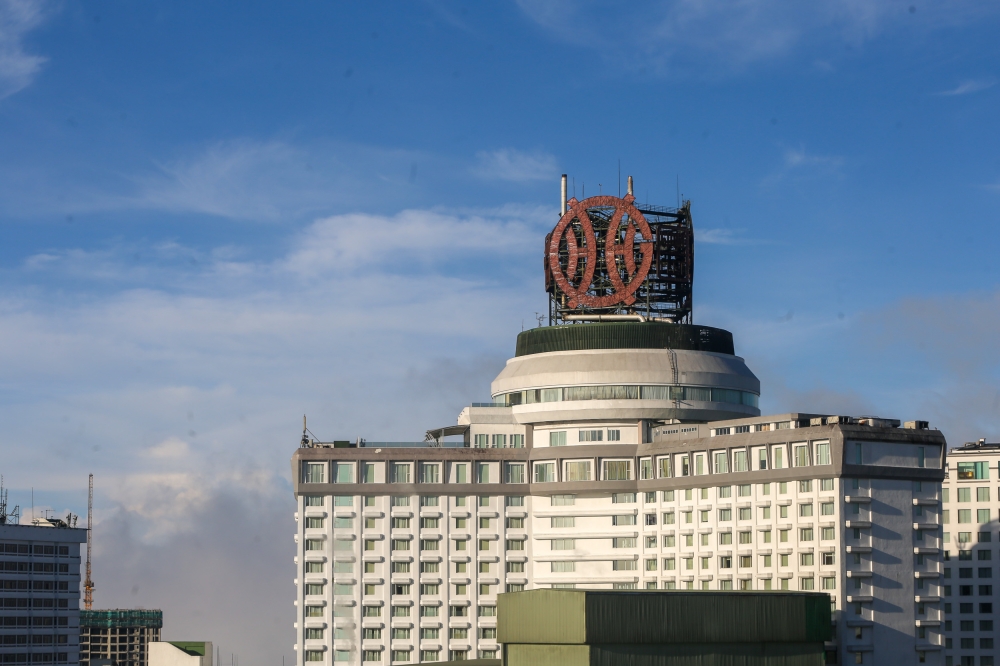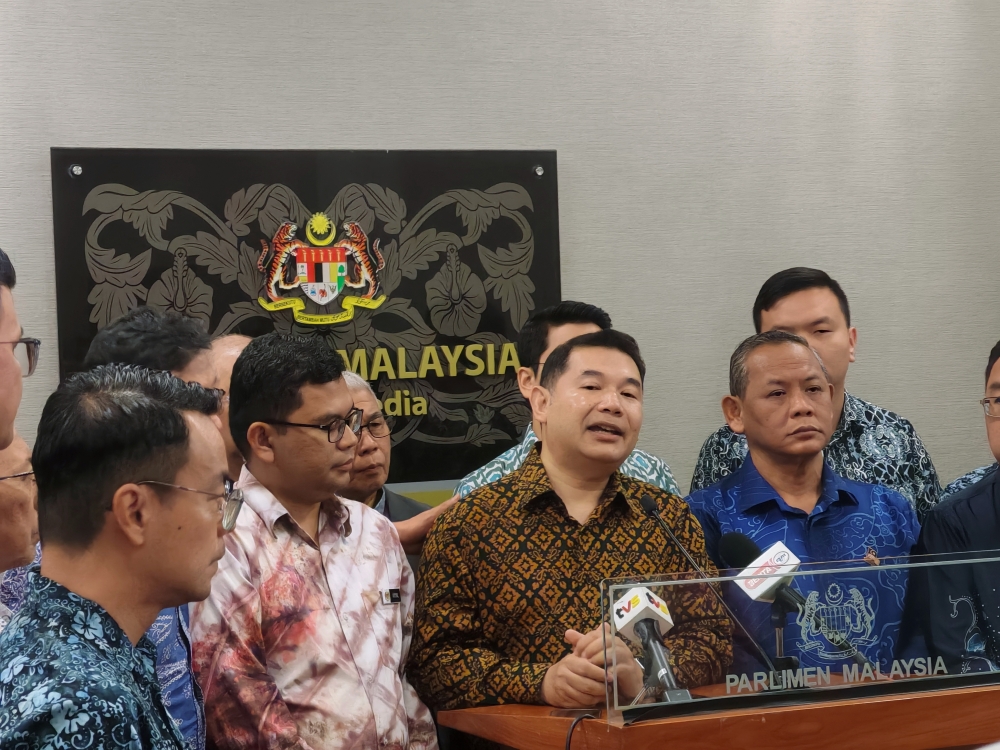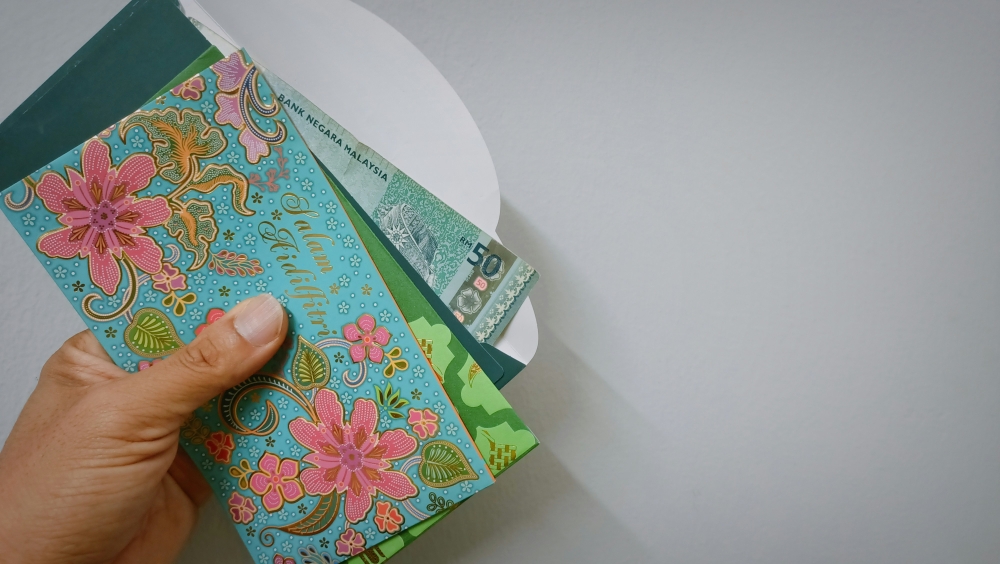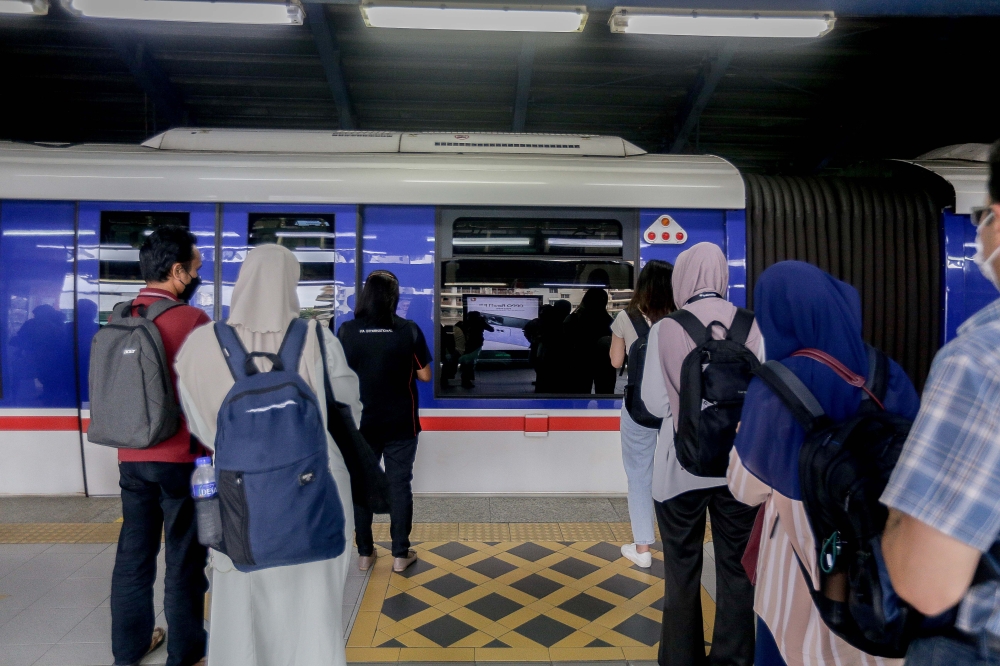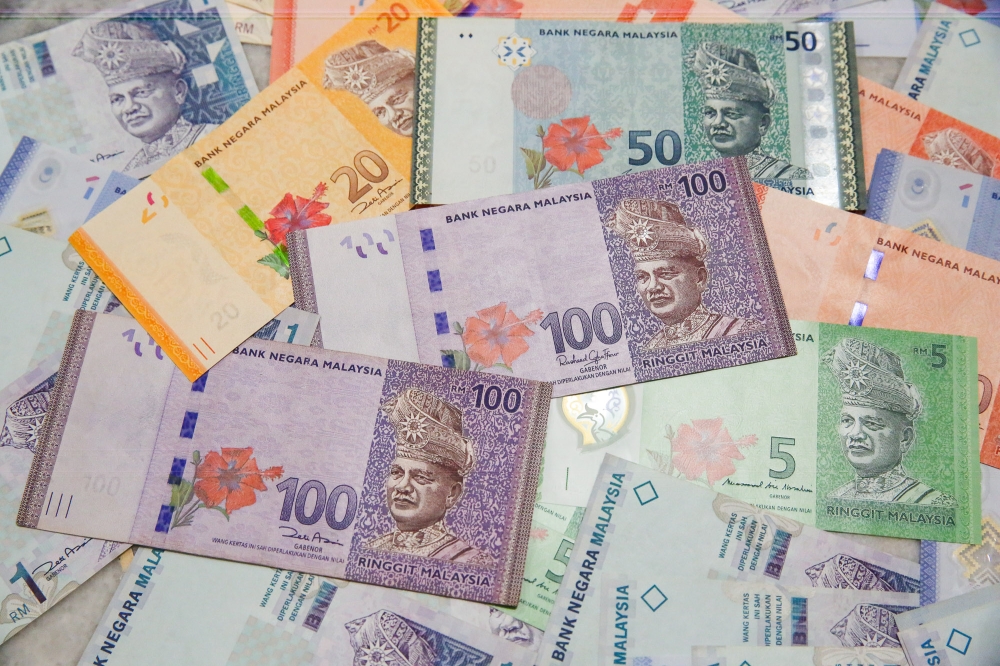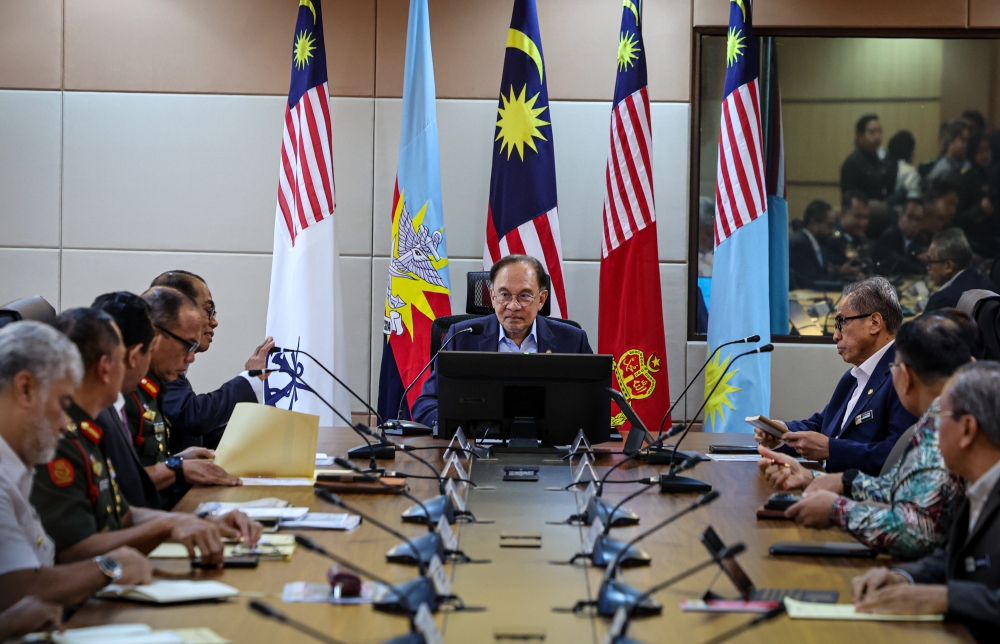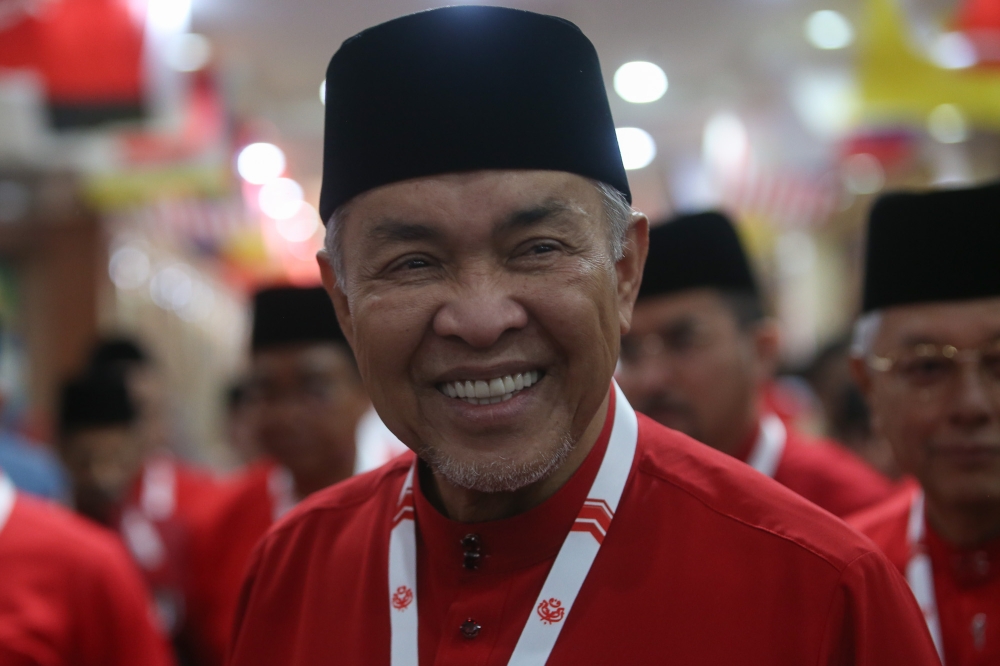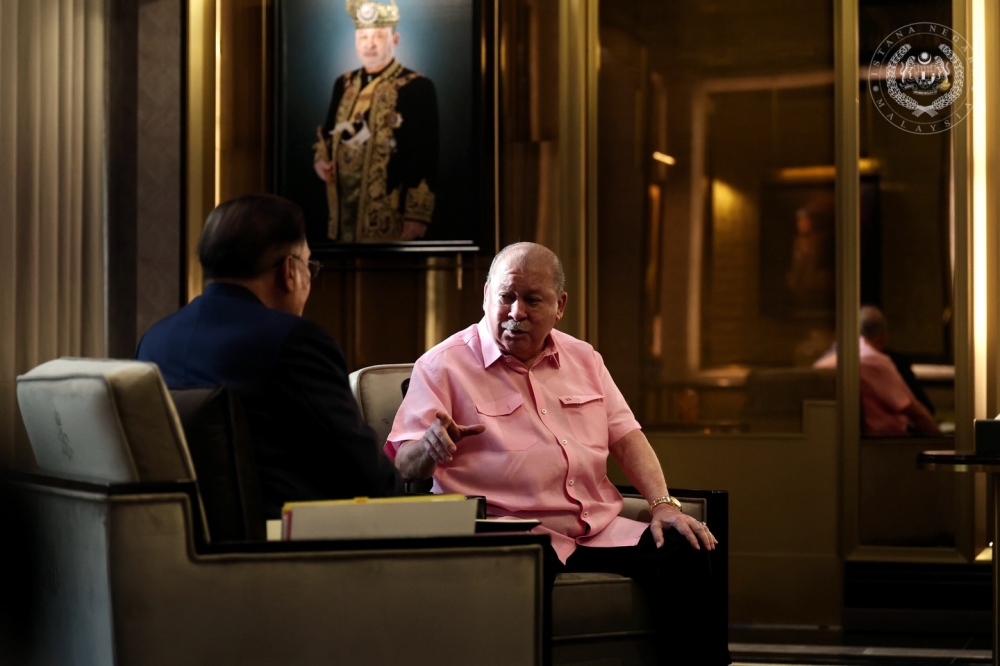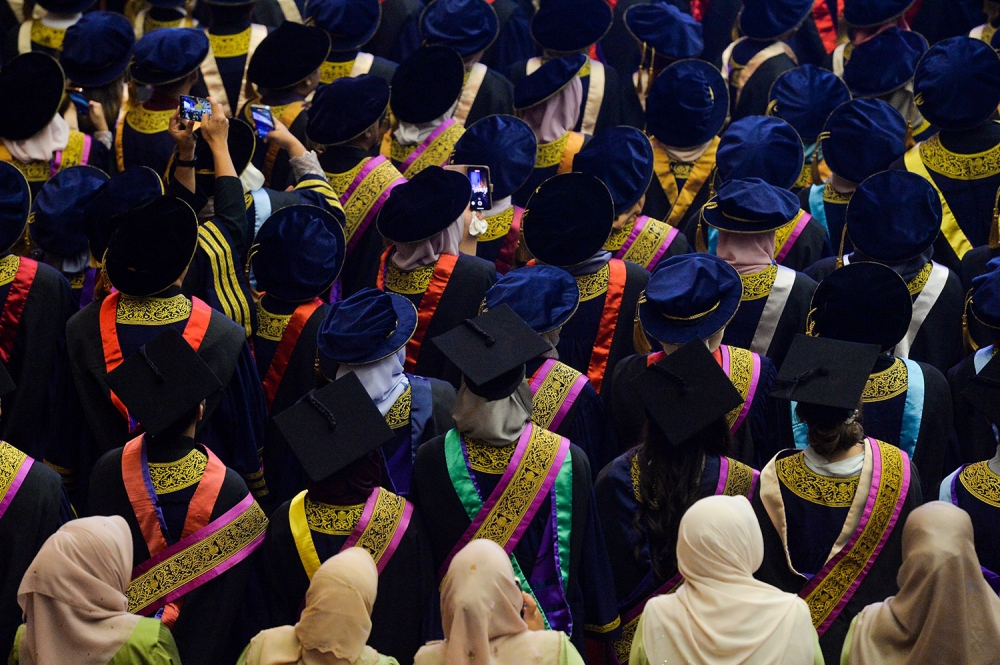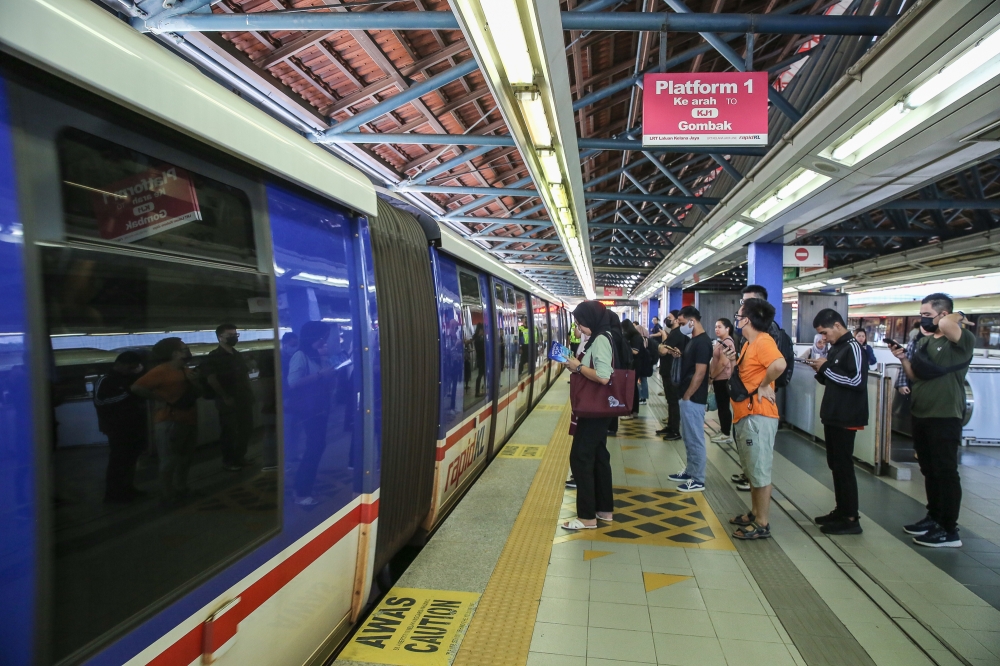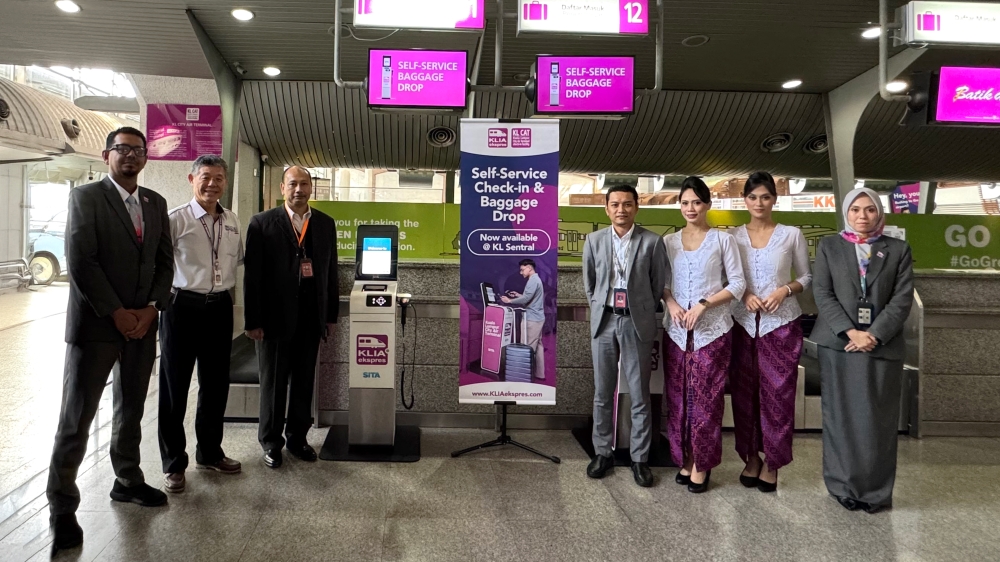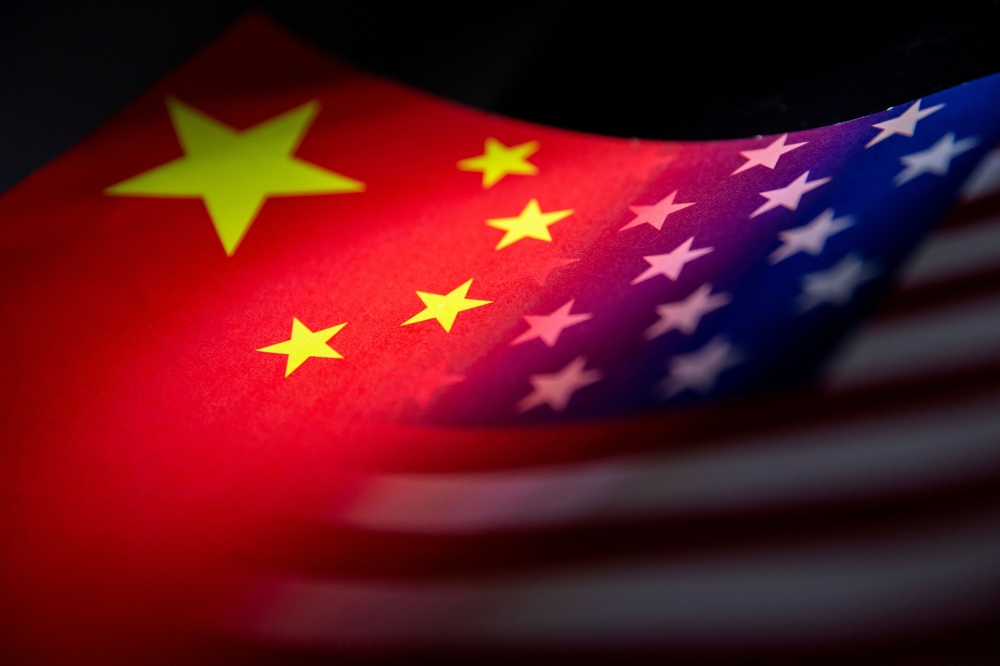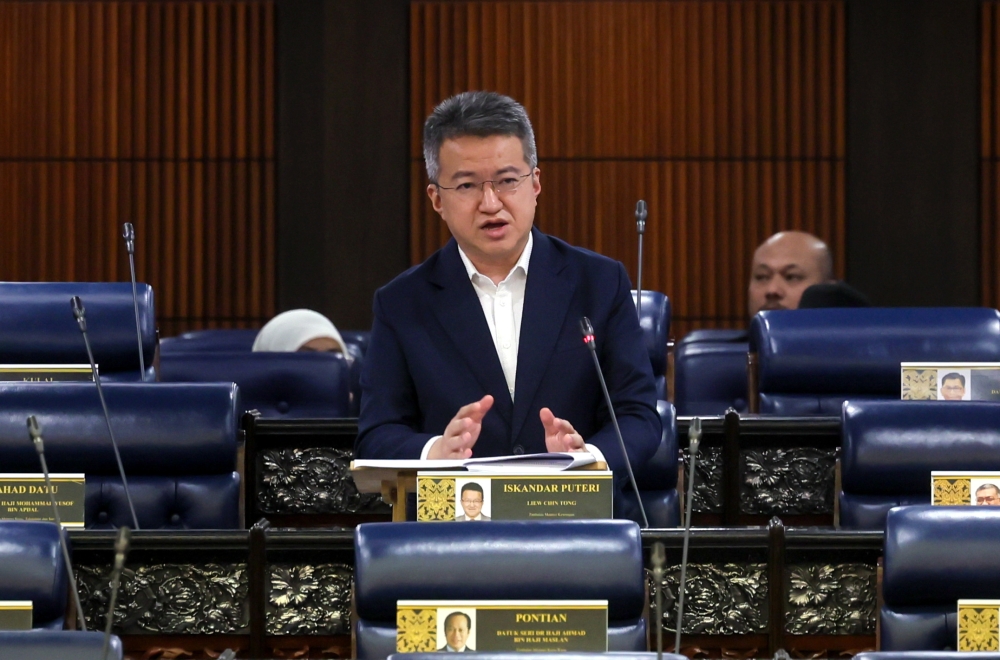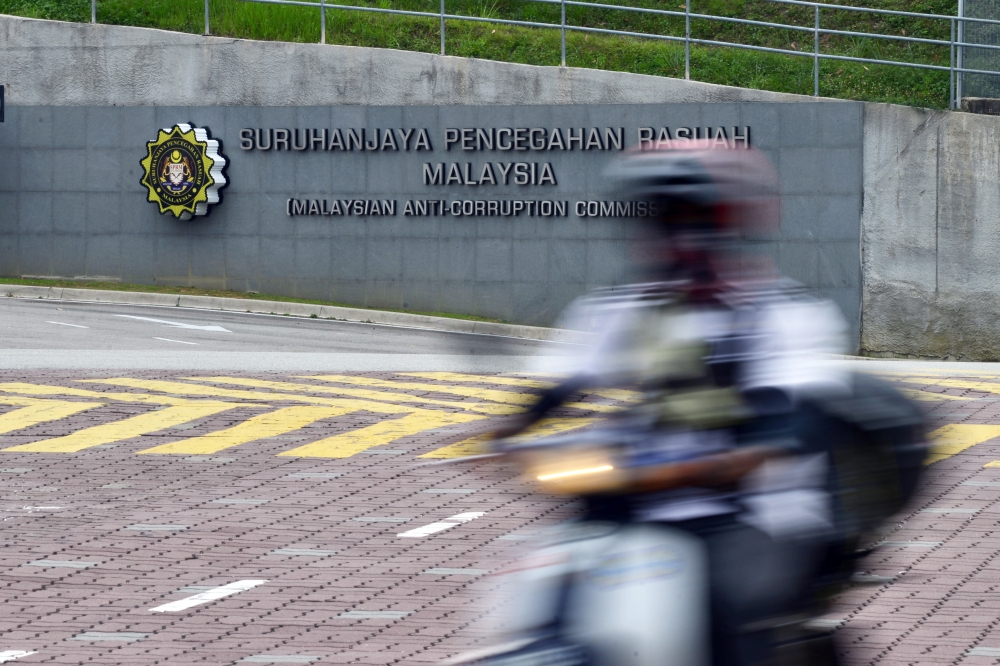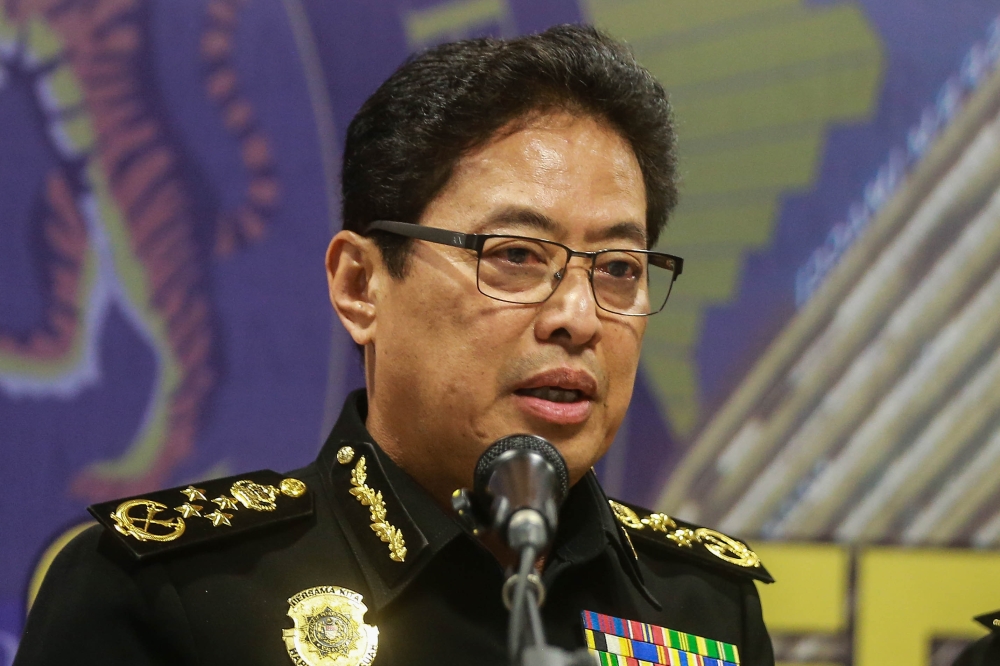KUALA LUMPUR, Feb 12 — Malaysians see China as the strongest economic, political and strategic influence in South-east Asia and are worried about the Asian giant’s growing clout, but would pick it over the United States, according to a regional survey.
The Asean Studies Centre (ASC) at the ISEAS-Yusof Ishak Institute in Singapore found 65.3 per cent of Malaysians identified China as the most influential economic power within the Asean bloc compared to the regional average of 59.9 per cent.
Another 35.5 per cent of Malaysians see China as having the most political and strategic influence in the region, the ASC said in “The State of Southeast Asia 2023 Survey Report” released yesterday.
In response to China’s economic power, 61.7 per cent of Malaysians indicated worry, while 72.7 per cent were worried about its growing regional political and strategic influence.
“The results of this year’s survey reflect heightened regional concerns about economic and geopolitical issues that can adversely affect the region’s interests in the short to medium term.
“They also show that the region remains open to both the US and China playing constructive roles and welcomes the presence of other major powers, while not discounting that Asean itself can exercise greater agency to direct its own future in a more challenging environment,” ASC head Choi Shing Kwok who is also CEO of the ISEAS-Yusof Ishak Institute said in the report.
In comparison, Malaysia’s nearest neighbours Singapore (61.9 per cent), Thailand (86 per cent) and Indonesia (50 per cent) expressed worries over China’s economic power.
The ASC survey found that on the whole, Asean is more concerned with China’s growing political and strategic influence (68.5 per cent) in the region rather than its economic power.
As for the US’ growing economic influence in Asean, the Malaysian concern at 35.3 per cent was only slightly above the regional average of 34.3 per cent.
Likewise, Malaysians were significantly more worried about the US’ growing political and strategic influence in Asean at 57.1 per cent, compared to their average regional peers at 44.2 per cent.
Indonesia’s concern about the US bore a striking resemblance to Malaysia’s.
Indonesia was split 50-50 over worries and acceptance of both world powers, but was worried about the growing political and strategic influence of China (61.1 per cent) and the US (50 per cent).
Both Muslim-majority countries were in direct contrast to those in secular Singapore and Buddhist-majority Thailand, which welcomed the US’ influence economically as well as politically and strategically.
Singapore welcomed the US’ economic influence at 78.6 per cent and its political and strategic influence at 61 per cent, while Thailand did so for the former at 84.6 per cent and 73 per cent for the latter.
Picking sides: China or US
When it comes to choosing a side, the survey found two-thirds of people in Asean or 61.1 per cent, would opt for the western superpower in 2023.
“China as a choice dropped from 43.0 per cent to 38.9 per cent in 2023. However, when the respondents are assessed by nationality, majority of respondents from Brunei, Malaysia and Indonesia will favour China over the US,” the report said.
For Malaysia, the preference for China stood at 54.8 per cent.
Regardless of their nationalities, 45.5 per cent of South-east Asians polled said they would rather see Asean members enhance the bloc’s resilience and unity against the two world superpowers.
When it came to the regional bloc’s resilience and unity, slightly more Malaysians at 37.9 per cent said they would prefer to see Asean remain neutral and not have to choose either China or the US compared to the Asean average of 30.5 per cent.
A total of 1,308 Southeast Asians were surveyed, 9.5 per cent of which were from Malaysia.
Respondents were academics, researchers, regional or international organisations’ personnel, government officials, and representatives from civil societies, non-government organisations, media and business or finance sectors.
Established in 1968, the ISEAS-Yusof Ishak Institute is a regional centre dedicated to the study of socio-political, security, and economic trends and developments in South-east Asia and its wider geostrategic and economic environment.

